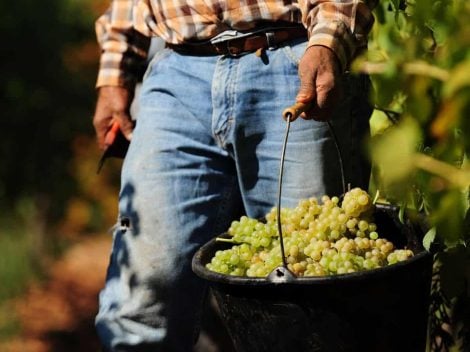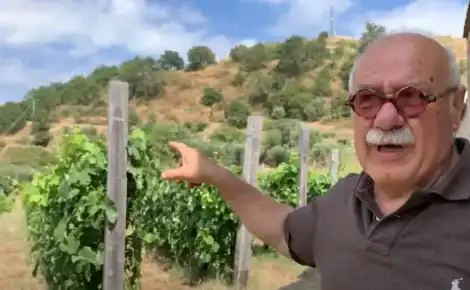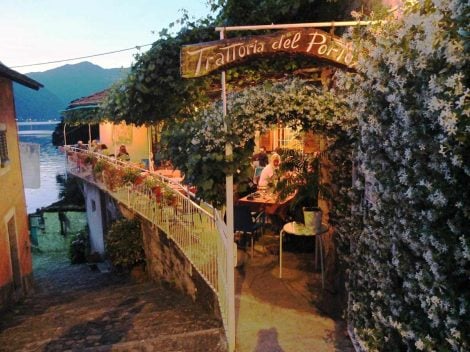Sustainability is a journey: there is no end point, but a continuous evolution towards the future. And those who, like Gambero Rosso, have always been concerned with agrifood excellence, cannot pull back from this journey. Right this awareness gave rise to the Global Summit on sustainability, organized by the Gambero Rosso Foundation that just took place at Villa Necchi in Milan – also live streamed – that saw 25 speakers taking part to the discussion on ‘Sustainability as economic growth for agribusiness.’ Four topical issues have been discussed within the conference: certification, business experiences, business services and future national scenarios.
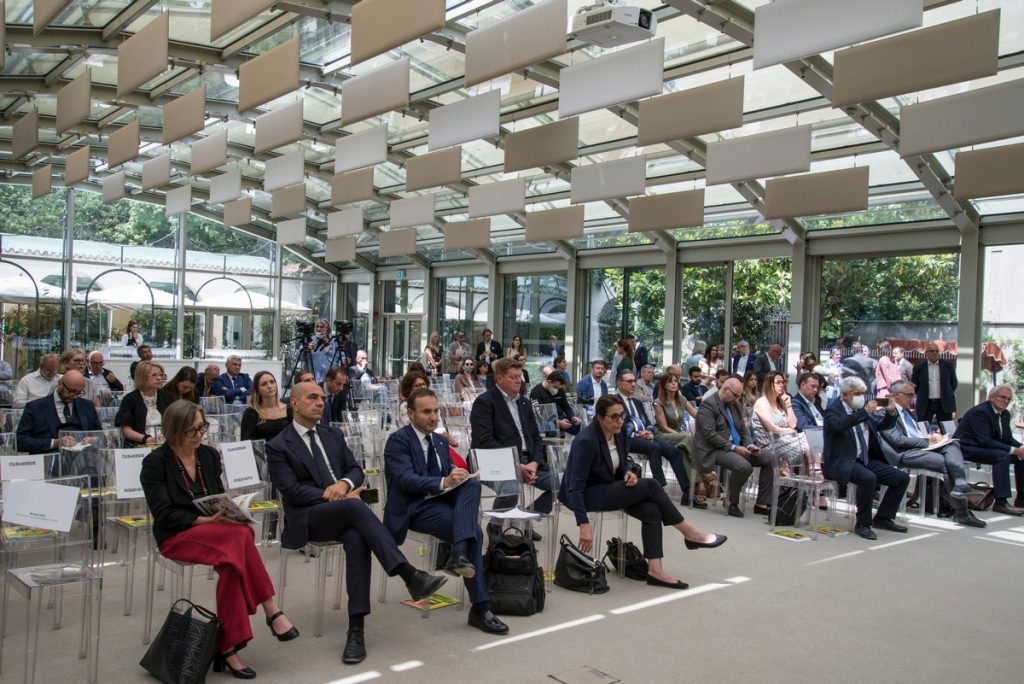
Gambero Rosso's commitment and work with Equalitas on wine
Gambero Rosso's focus in this area goes back a long way. The first Wine Sustainability Report dates back to 2014, which then led to the birth of Equalitas, a company founded by Federdoc, Csqa Certificazioni, Valoritalia, Gambero Rosso Foundation and 3A Vino, which sets the standard for sustainable wine certifications. But it did not stop there, as evidenced by the organization of this Global Summit.
"Why are we here?" began Gambero Rosso’s President Paolo Cuccia while introducing the proceedings, "because Gambero Rosso has always been concerned with quality. Eight years ago, we started asking ourselves questions about the already existing demand for sustainable products. Back then, we were skeptical and concerned that this would bring new duties. Today, we know that this is an opportunity as well as an increasingly pressing need. Hence the need to certify it."
"Since the Equalitas’ foundations were laid," emphasized Equalitas’ President Riccardo Ricci Curbastro, "we have gone a long way, leading to a national wine standard that looks far ahead. But above all, a culture of sustainability has been created and can be extended to other sectors: a path undertaken because producers and consumers were asking us to do so. And we will keep pursuing that path while asking us new questions each time, to be answered with the sensitivity we have developed over the years."
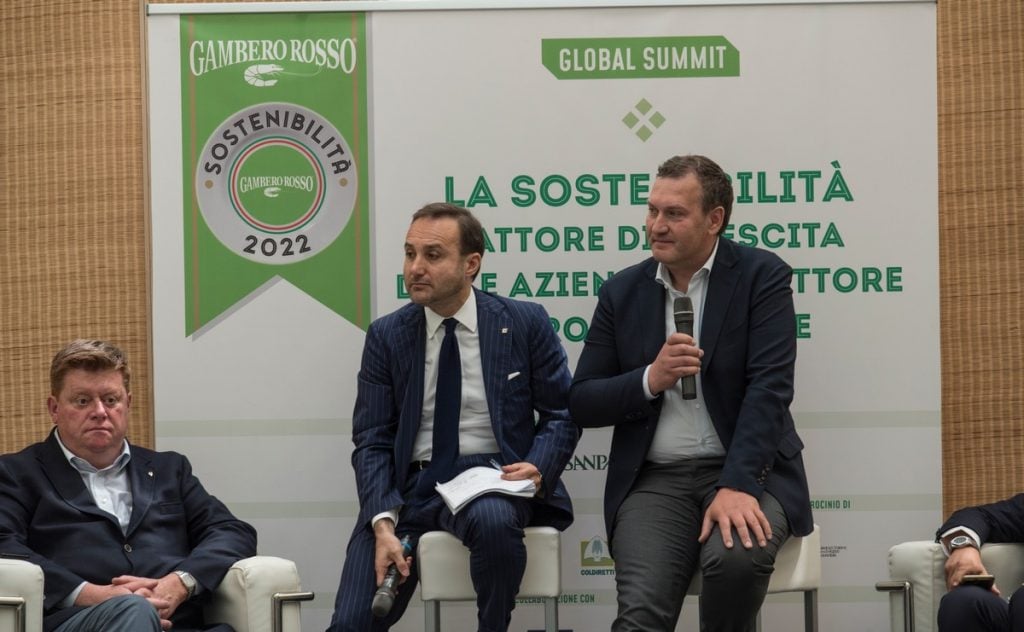
Silvano Brescianini, president of Consorzio Franciacorta, stressed the commitment to encouraging a viticulture that strives for environmental balance. It will involve assessing the immediate and future effects of any intervention on the territory, both from an environmental and economic point of view, while favoring eco-friendly materials and renewable energy sources.
Where does food certification stand?
If for wine Equalitas has led to the setting of a national standard approved last March by Mipaaf, the path for agribusiness is still at the beginning. And Gambero Rosso wants to be there to promote, support and accompany excellent companies on the path towards sustainable developments. Companies listed in the Top Italian Food guide were indeed involved in the self-assessment system created in collaboration with Santa Chiara Next, a spin-off company of the University of Siena. During this first edition, 47 companies had a positive sustainable impact, that were announced right in Milan.
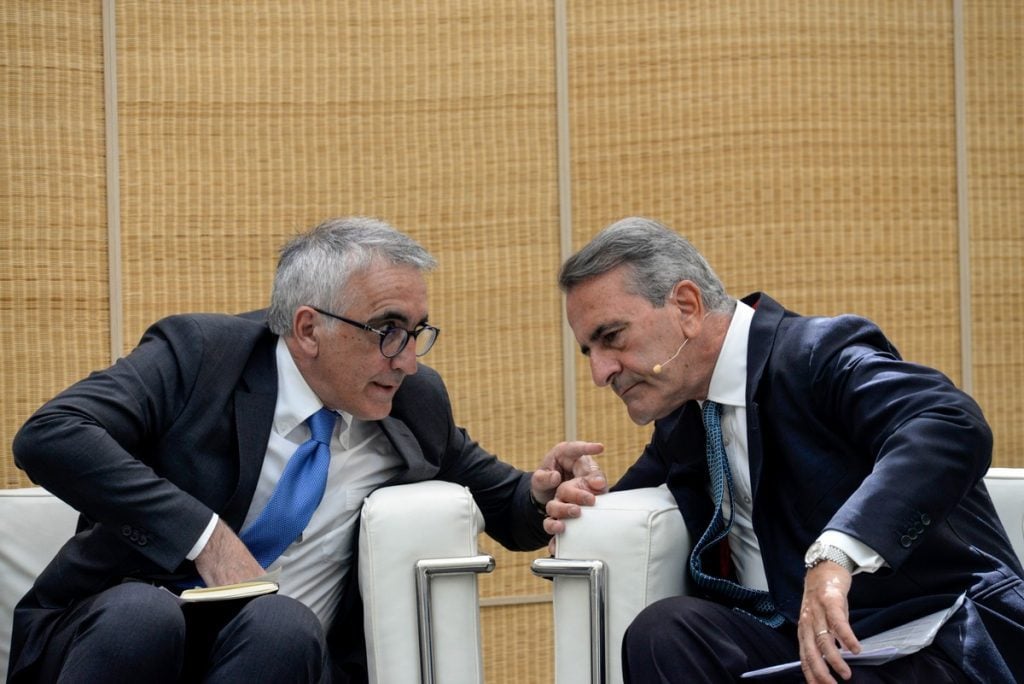
"We've created a self-assessment platform so that companies can understand where they do stand," explained Santa Chiara Next’s President Angelo Riccaboni. "It's not a report card, but a useful tool for the future: if we don't start asking questions, we're unlikely to get answers."
With regard to the Food Sustainability Index, Jacopo Schettini of Standard Ethics (a company founded in 2004 to promote EU sustainability and governance standard principles) also took the floor to present the Food&Beverage Sustainability Italian Benchmark. It analyzed 50 major companies in the Italian food industry, selecting then the 30 most virtuous (from Ferrero, IllyCaffè, Campari to Barilla): "The report showed an excellent level achieved on product quality and a fair awareness on environmental sustainability, while there are still some problems with respect to gender parity on boards and to tracking supplier code. The challenge, therefore, is to increase the culture of sustainability in the interest of new generations."
From the wine national wine standard to social sustainability: the role of politics
"Today the word sustainability is all the rage, especially on political talk shows," asserted Undersecretary for Agriculture, Food and Forestry Policies Gian Marco Centinaio, speaking at the meeting, "But I believe that today our agribusinesses are going down a virtuous path in this area, and not because Europe is asking them to, but because they want to. In recent years, politics has been chasing the productive world and little by little is reaching those levels. In particular, wine has led the way and, thanks to the new national standard, Italy has pioneered all other European countries."
Enhancing the role of women and overcoming the gender gap are also part of the concept of sustainability, particularly social sustainability. This was the crux of the speech at the event by Equal Opportunities and Family Minister Elena Bonetti: "The challenge we have to face is clear: building sustainable, resilient, inclusive development that opens the perspective for the future, especially for the new generations. This is why gender equality is and should be promoted as a lever of development and investment as in the NRP, where equality is a cross-cutting and strategic axis of the entire plan, featuring the Family Act reform that was implemented on May 12, and with the first National Strategy on Gender Equality. We are dealing with a new, integrated and systemic vision to fully enable and enhance those female energies and talents that are essential for the country."
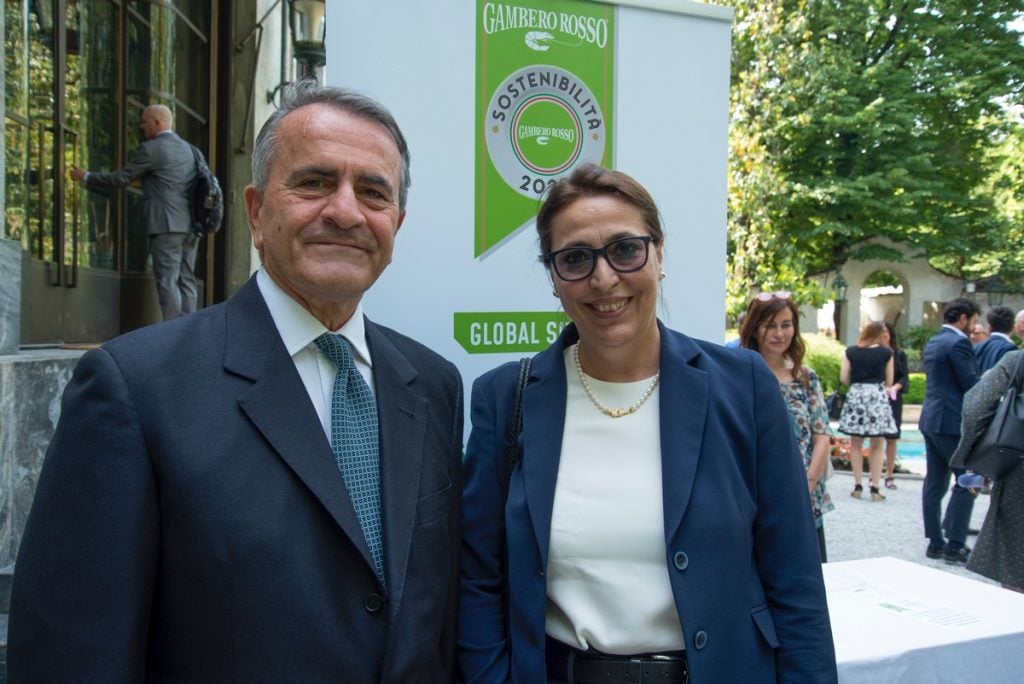
Intesa Sanpaolo’s agribusiness management survey
Demonstrating how sustainability is nowadays very topical also from a credit and financial point of view was the Global Summit’s main partner, the Intesa Sanpaolo bank. "Thanks to the NRP, which incentivizes the transformation process, an important season is opening for agribusinesses," announced Anna Roscio, Intesa San Paolo’s Sales&Marketing Executive Director. "As a banking system, our task is to make sure that companies get the right information and that even the smallest ones perceive sustainability as a competitive growth element." Intesa Sanpaolo's commitment to sustainability gave rise last year to the establishment of the Agribusiness Department, which operates within the Banca dei Territori department.
According to a survey conducted by the bank itself among its network of branches, the focus will be on several priorities in order to support the growth of Italian agribusiness, especially during these difficult times (among war, price increases and shortage of materials such as glass and capsules). "At the top of the list of strategic interventions," revealed Stefania Trenti, Intesa San Paolo’s Head of Industry Research, "stand out the intensification of supply chain relationships, the strengthening of exports, investments in human capital, the need for generational change (today only 8 percent of Italian farms are managed by under 40s) and investments in green and digital transition. In addition, according to estimates on a sample of companies in the supply chain, companies that have invested in organic farming have achieved a greater increase in Ebitda (+29%) compared to traditional ones."
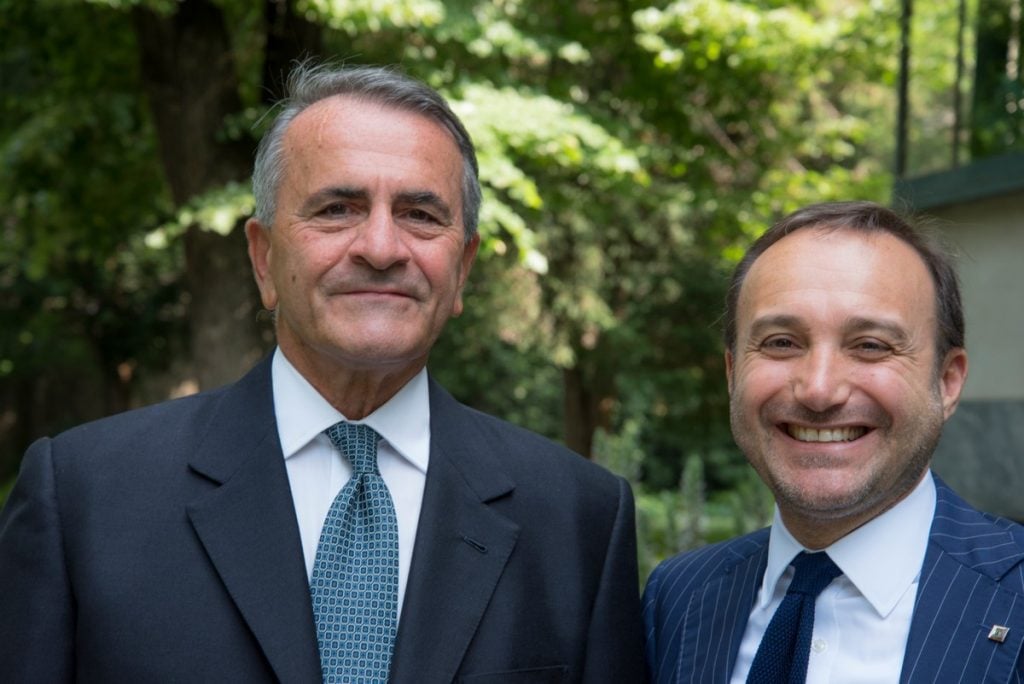
"Innovation, ecological and digital transition are the current challenges," said at the conference Massimiliano Cattozzi, Intesa Sanpaolo’s Agribusiness Executive Director. "For a sector that is always dependent on raw materials, the only certainty is investment. In this path, Intesa Sanpaolo is there and is taking action. As agribusiness department, we are making €8 billion of new medium- and long-term credit available to small and medium-sized enterprises within the 2022-2025 business plan, focusing on sustainability and circular economy criteria."
The importance of communicating sustainability
Among the insights that emerged from the Global Summit, there was also the need expressed by Coldiretti’s President Ettore Prandini to restart with culture and knowledge: "I am convinced that sustainability is also about research. Research aimed at collecting new data. Data that must be turned, then, into information. What worries me is Europe’s short-sightedness in this regard. I'm thinking of the blockchain issue where China and the U.S. are at the forefront with their platforms, while Europe stands by and watches."
Being sustainable and knowing how to communicate, in short. As Fabrizio Failli of Ismea's business service department also reiterated, "Institutions must insist on the key role that sustainability has in terms of competitiveness, in addition to the enormous benefit for our territories and communities. We therefore welcome occasions such as the Global Summit, because, if we can explain and promoting social, environmental, economic and cultural aspects of sustainability, we will enable consumers to become more aware of their choices, to grasp the ethical value of food, also in terms of resource exploitation."
This is the next step to be taken. A small step for a big goal.

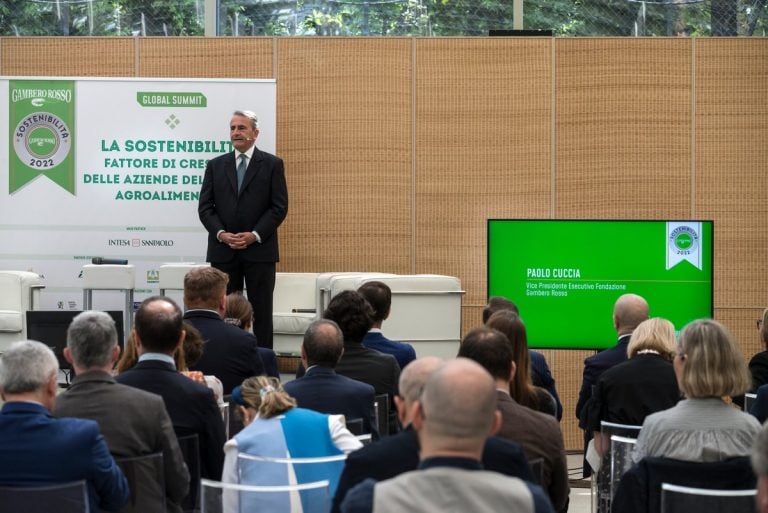
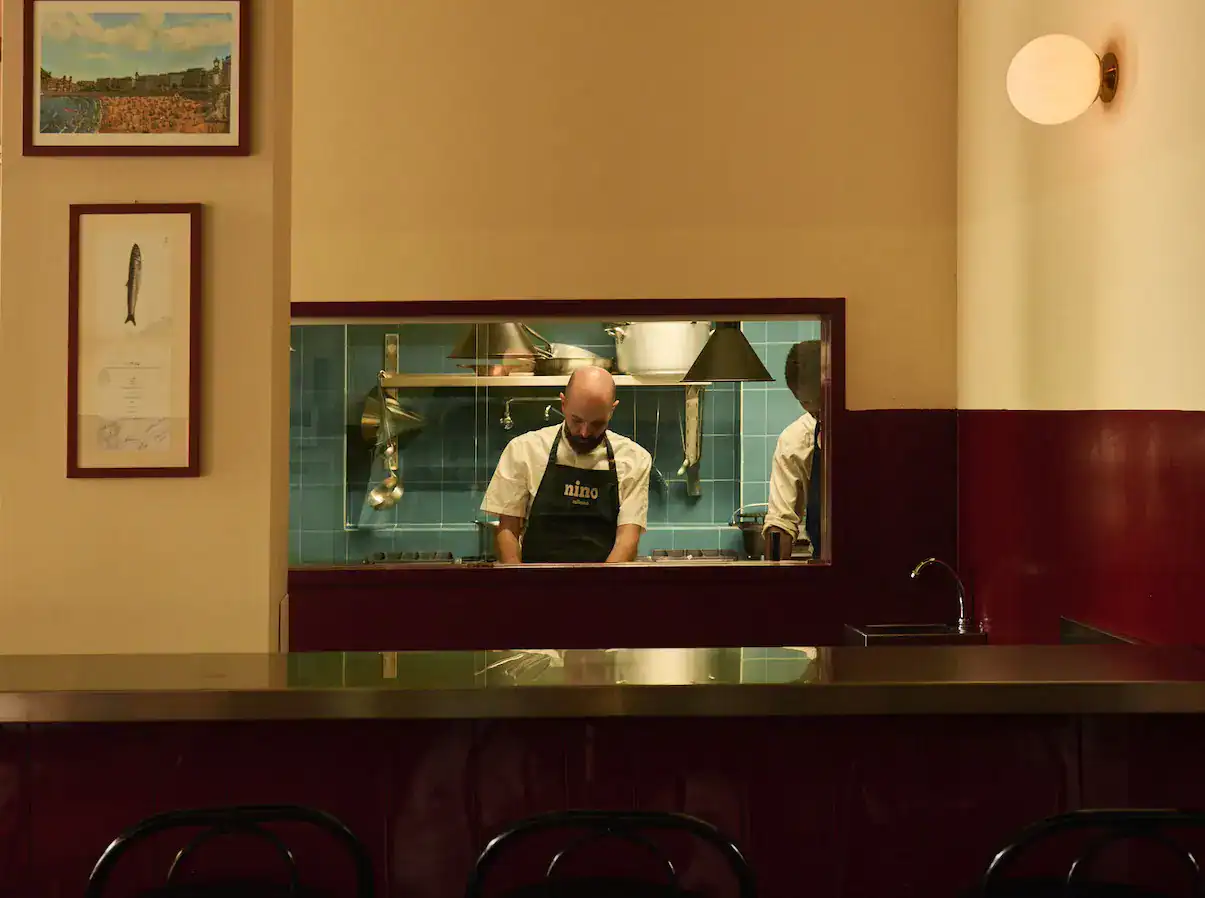 Diego Rossi of Trippa opens a new osteria: what you can eat at Nino Osteria con Cucina in Milan
Diego Rossi of Trippa opens a new osteria: what you can eat at Nino Osteria con Cucina in Milan How you eat at Sentiero, the restaurant Elba Island was missing
How you eat at Sentiero, the restaurant Elba Island was missing Eating by the sea in Tuscany. The best beachfront restaurants selected by Gambero Rosso
Eating by the sea in Tuscany. The best beachfront restaurants selected by Gambero Rosso Contemporary cuisine, farmhouses and pinewoods. The hidden restaurant in the nature park near Como
Contemporary cuisine, farmhouses and pinewoods. The hidden restaurant in the nature park near Como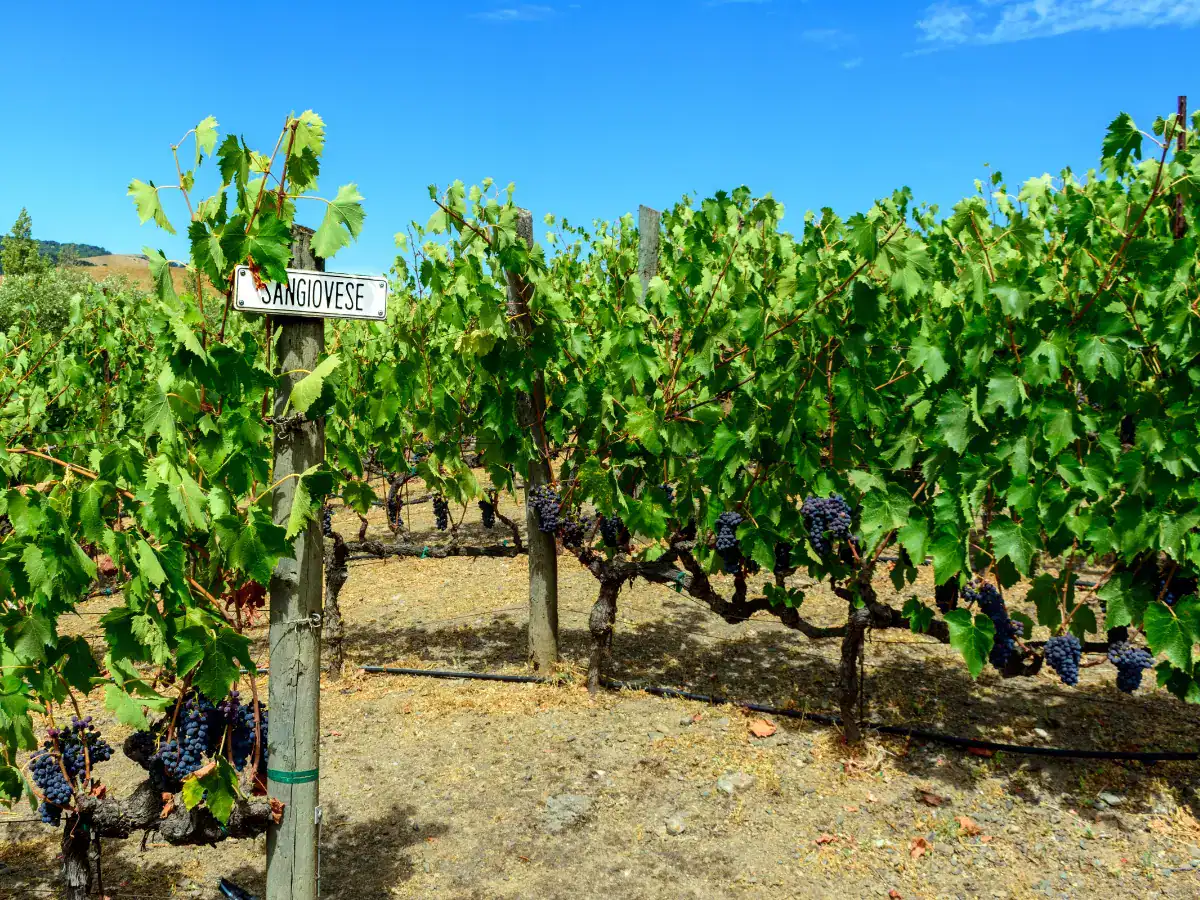 California rediscovers Sangiovese. A brief history of the revival of a forgotten grape variety in the United States
California rediscovers Sangiovese. A brief history of the revival of a forgotten grape variety in the United States


